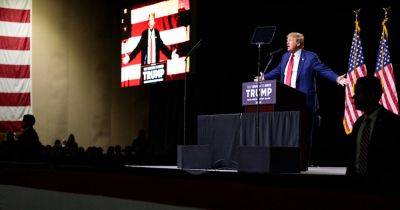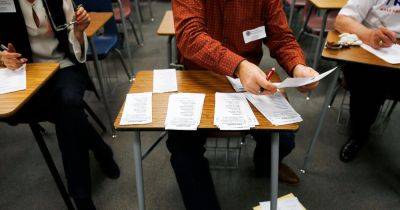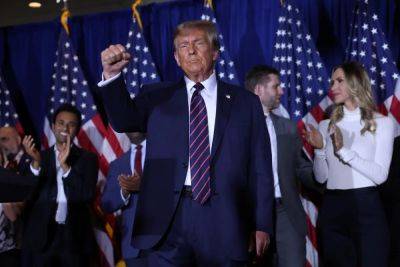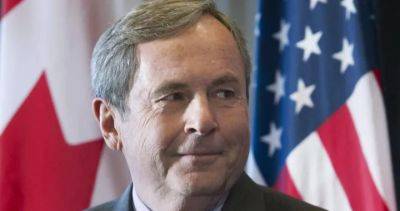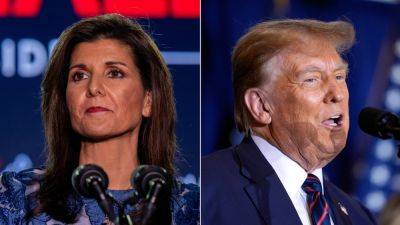Nevada Republicans can’t decide between a primary or a caucus - so they’re doing both
After Donald Trump stormed the Iowa caucuses on Monday night, blowing his nearest challengers for the Republican presidential nomination into a distant second and third, all eyes will be on New Hampshire next Tuesday to see if he can repeat the feat.
The race is now a three-way chase following the exits of Chris Christie, Vivek Ramaswamy and Asa Hutchinson and survivors Ron DeSantis and Nikki Haley have it all to do if they are to weaken Mr Trump’s stranglehold over their party with a strong showing in the Granite State.
Assuming they are still considered competitive after that, they will next head to Nevada – and find themselves thrust into one of the most bizarre electoral systems in the 50 states, where two competing nominating contests are being held.
Because why choose between a primary and a caucus when you could just have both and confuse everybody?
Here’s a quick guide for the baffled.
What’s happening?
Whereas Iowa operates a traditional caucus system for choosing its presidential candidates and delegates, requiring voters to show up in person to party meetings at which they signal their preferences, New Hampshire opts for the more modern primary model in which voters cast ballots much as they do in a November presidential election.
This year, Nevada is playing with fire by staging both state-run Republican and Democratic primaries and a separate party-run GOP caucus, effectively giving registered conservative voters two opportunities to pick their preferred candidates for the Republican nomination.
The state-run primaries are scheduled for 6 February while the Nevada Republican Party’s caucus will follow two days later on 8 February.
Significantly, the caucus requires entrants to pay a $55,000 fee to


